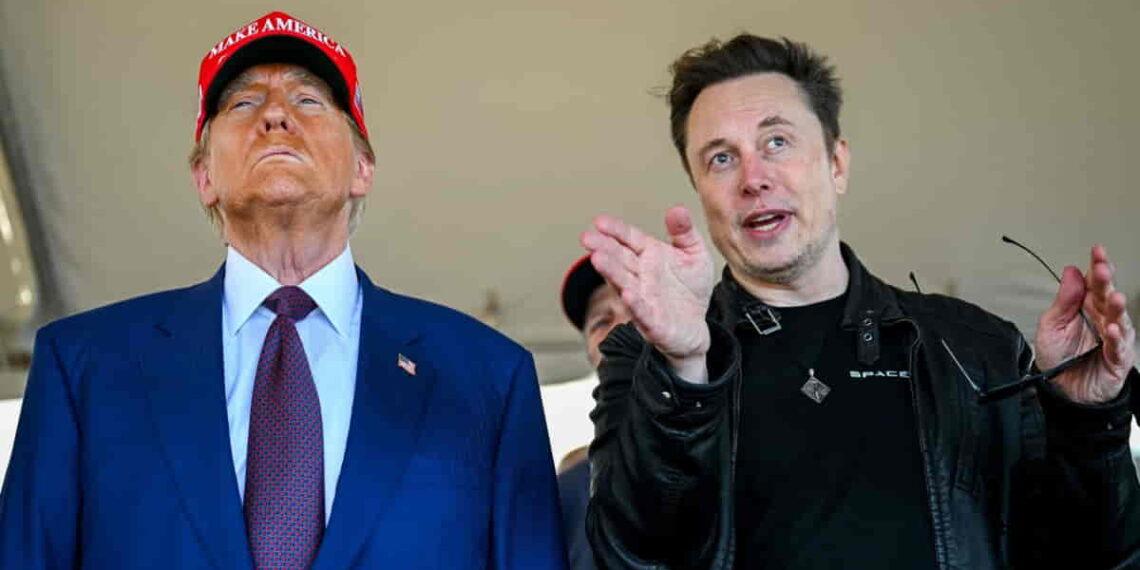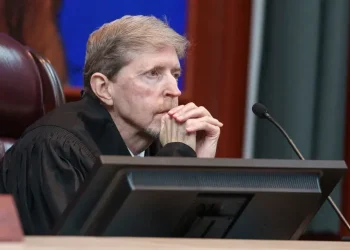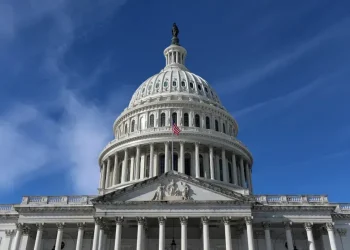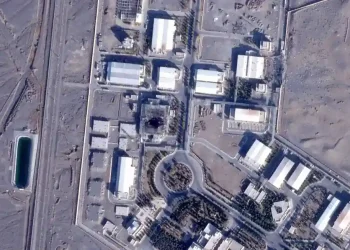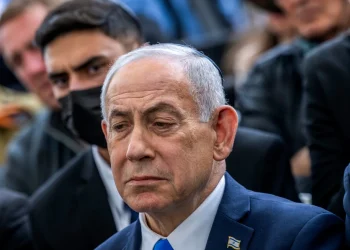Musk’s Global Influence and the Dilemma for World Leaders as Trump Returns
Elon Musk’s recent moves in foreign politics are raising eyebrows among world leaders, creating a dilemma for them: how can they challenge the tech mogul without angering his new ally, Donald Trump?
While Musk may appear to be a mere provocateur enjoying his shock value, he is far more than just a social media figure. As the world’s richest individual with control over influential companies like Tesla and SpaceX, Musk wields significant global power. His strong presence on platforms like X (formerly Twitter) places him as a prominent populist force, unafraid to stir political tension and even challenge sovereign governments. This scenario only grows more complicated with Trump’s return to the White House in two weeks, as Musk is expected to play an advisory role in shaping U.S. policy, raising questions about where Musk’s influence ends and official government policy begins.
Musk’s foreign policy provocations are likely to stir controversy in Europe, where his actions are perceived as potential interference in other nations’ politics. There’s growing concern that Musk, a powerful advocate for far-right parties, might be acting at Trump’s direction, supporting the political upheaval that Trump’s America First agenda aims to ignite on the global stage. The question remains: will Musk become an unofficial ambassador for Trump abroad, or will he push his own foreign policy?
European Leaders Speak Out Against Musk
Musk’s vocal criticism of key political leaders in Europe, combined with his support for far-right movements, has spurred condemnation from some of America’s closest allies.
- British Prime Minister Keir Starmer has openly criticized Musk for crossing a line after the billionaire accused him of being complicit in child abuse scandals.
- French President Emmanuel Macron has warned that Musk is fueling an “international reactionary movement” by involving himself in elections across Europe.
- Norway’s Prime Minister Jonas Gahr Støre expressed concern over Musk’s significant influence in foreign affairs, while Germany condemned his support for the pro-Russia far-right party, Alternative for Germany (AfD).
These actions reflect a broader trend where Musk aligns with far-right populism, a movement similar to Trump’s own rhetoric in the U.S. The increasing tension in Europe is partly due to the rise of discontent toward established governments, with many voters seeking alternatives to mainstream political figures. Musk’s endorsement of radical populist ideologies, which are often anti-immigration and anti-globalization, may be seen as an extension of Trump’s vision to challenge the status quo on the international stage.
The Growing Influence of Far-Right Politics
Musk’s support for far-right movements in Europe is gaining traction. In countries like France and Germany, nationalist parties like Marine Le Pen’s National Rally and the AfD are making significant strides, with the potential to disrupt traditional political dynamics. These movements often share Trump’s anti-immigration stance and rejection of internationalism, further aligning Musk and Trump’s political ideologies.
Musk’s interactions with European far-right leaders like Hungary’s Prime Minister Viktor Orbán and Italy’s Prime Minister Giorgia Meloni, who share many of Trump’s views, highlight the growing transatlantic partnership between populists.
Strained Relations with Traditional Allies
Musk’s political jabs are also complicating relations with traditional allies in Europe. His recent criticisms of key leaders like Starmer and Trudeau, alongside his growing influence in foreign politics, risk souring relationships with governments that are already wary of Trump’s aggressive foreign policy. In particular, Canadian Prime Minister Justin Trudeau’s political crisis has been exacerbated by Trump’s threats of a 25% tariff, which some believe hastened his resignation.
Leaders like Starmer and Trudeau face a delicate balancing act, trying to maintain ties with the U.S. while dealing with Musk’s disruptive influence. Despite the criticisms from figures like Starmer, the broader challenge for world leaders is maintaining good relations with Trump, who is expected to return to power in a few weeks.
Potential Conflicts of Interest Ahead
As Musk’s involvement in global politics continues to grow, the potential conflicts of interest between his business interests and U.S. foreign policy could create even more tension. Musk’s prominent role in facilitating communication between Trump and global leaders, such as Ukrainian President Volodymyr Zelensky, raises questions about where Musk’s private business interests end and official U.S. policy begins. Additionally, Musk’s commercial ties to China may clash with Trump’s hawkish stance on Beijing, presenting a complex scenario for the incoming administration.
In Trump’s first term, America became a force for global disruption, often driven by tweets and unpredictable actions. As Musk assumes a more prominent role in shaping U.S. policy in the second term, it’s clear that the next few years could be even more unpredictable and challenging for U.S. allies around the world.
Musk’s growing influence in global politics and his unpredictable actions are already complicating international relations, and the situation is expected to intensify as Trump takes office. World leaders will have to navigate this new reality, balancing the demands of maintaining relations with the U.S. while confronting Musk’s controversial interventions on the world stage.
This article was rewritten by JournosNews.com based on verified reporting from trusted sources. The content has been independently reviewed, fact-checked, and edited for accuracy, neutrality, tone, and global readability in accordance with Google News and AdSense standards.
All opinions, quotes, or statements from contributors, experts, or sourced organizations do not necessarily reflect the views of JournosNews.com. JournosNews.com maintains full editorial independence from any external funders, sponsors, or organizations.
Stay informed with JournosNews.com — your trusted source for verified global reporting and in-depth analysis. Follow us on Google News, BlueSky, and X for real-time updates.
